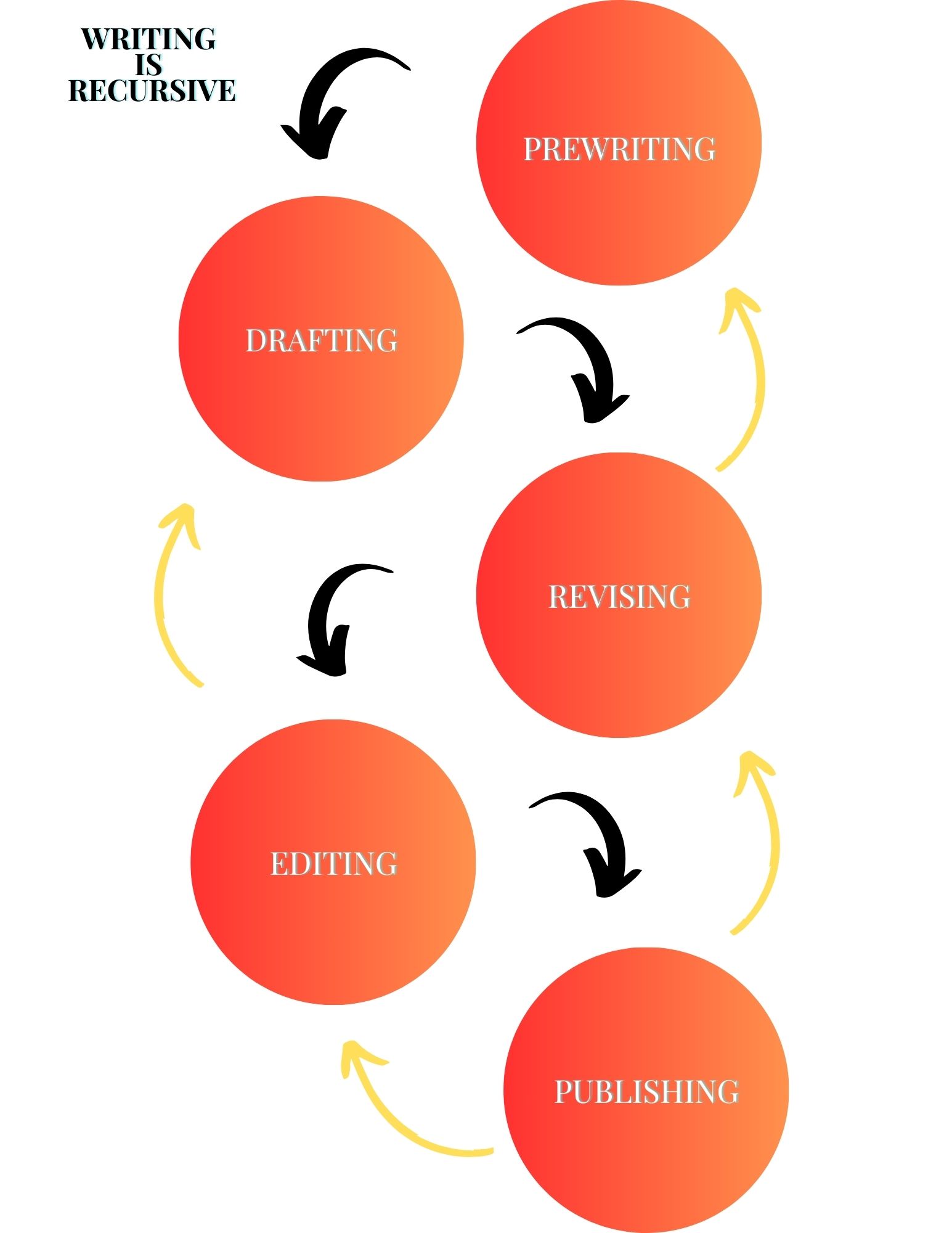As a fan of playing music, one thing that I have noticed that is similar between writing and playing is that one must be conscious of their craft as they practice. What this means is that you (the writer) must think about the process and the craft as you perform it to a room of nobody, because eventually—more often than not—there will be an audience. Now, we can’t always be aware pf every little thing in the writing world, but you can be cognizant of the most important functions of the craft each time you start writing.
What is syntax?
To put is simply, syntax is the way an author structures a sentence. How do they sound in writing? The Guilford College Writing Manual states that syntax is a “joystick” that allows you “to control your style,” as it “refers to the way you arrange words in such units as phrases, clauses, and sentences” (Guilford College Writing Manual).
Additionally, Purdue asserts, “The length and complexity of sentences are matters of syntax, as are the ways that different clauses are arranged and how they flow. Choosing different kinds of syntax allows writers to manipulate the qualities of rhythm and coherence throughout a piece of writing” (Purdue).
So, if we consider syntax, then we are considering how to structure our sentences.
What are the three syntactical considerations?
There are loads of things to think about when writing, but here are three that I have come across most often, which means that this is not the be-all-end-all, but rather it’s simply a list of things to get you thinking about when you write.
- Sentence Structure: The top of the list is certainly sentence structure. If you are unfamiliar with different types of sentence structures, that’s okay. I am going to go over some in the future, but you’ve probably been using a variety of different types in your own writing without even thinking about it. When we really get down to it, there are four types: simple, compound, complex, and compound-complex. We will talk about each in more detail in a future post.
- Grammar: I have lots of things I want to say about grammar and those fine people who treat it as prescriptive truth, but I am going to keep those things to myself for now. However, it is important to understand basic conventions of grammar in writing. That is to say: capitalize the first word of every sentence, put punctuation at the end, etc. Additionally, learn how to use a comma. It’s not a pause in the sentence and it doesn’t mean take a breath! It’s a type of punctuation that helps separate ideas from one another.
- Creativity: The best way to describe the final syntactical consideration is by asking you to go to your bookshelf and open your favorite book by your favorite author. Look at the first few lines of their story. What do they do differently from other authors?
For instance:
- By the time he graduated from college, John Smith had forgotten all about the bad fall he took on the ice that January day in 1953. In fact, he would have been hard put to remember it by the time he graduated from grammar school. And his mother and father never knew about it at all (King).
- Mr. and Mrs. Dursley, of number four, Privet Drive, were proud to say that they were perfectly normal, thank you very much. They were the last people you’d expect to be involved in anything strange or mysterious, because they just didn’t hold with such nonsense (Rowling).
The first example is from Stephen King’s The Deadzone and the second example is from J. K. Rowling’s Harry Potter and the Sorcerer’s Stone. Both writers use a conversational tone, but Rowling’s is a bit cheekier while King’s is a bit more colloquial. We have a writing voice and that helps us convey information in our own way, whether we are snarky or formal. Typically, our own creativity guides that voice.
Conclusion
Think while you write is good advice because it tells you as a writer to be aware of what you are doing while you are doing it, and, I know, this sounds duhhh, but there are a lot of people who write in a haze of angst, fear, and resentment, just wishing the business to be over. No matter, I will reiterate this until I am dead—writing is hard. Nevertheless, the trick is to find ways to ease the burden of the process so you can be both happy and productive in your composing journey; and, I believe understanding the three syntactical considerations above can help.
Works Cited
- King, Stephen. Stephen King – The Dead Zone.Pdf. docs.google.com/viewer?a=v&pid=sites&srcid=ZGVmYXVsdGRvbWFpbnxub3ZlbGlnaHRiaHxneDo1ZTgzMTU5ZmVlMDhmNjRm.
- http://www.passuneb.com/elibrary/ebooks/Harry%20Potter%20and%20The%20Sorcerer%E2%80%99s%20Stone.pdf
- “Style Introduction // Purdue Writing Lab.” Purdue Writing Lab, owl.purdue.edu/owl/general_writing/writing_style/style%20/Style%20Introduction.html.
- “Syntax.” Guilford College, https://library.guilford.edu/c.php?g=111810&p=2055009. Accessed 6 Dec. 2021.







